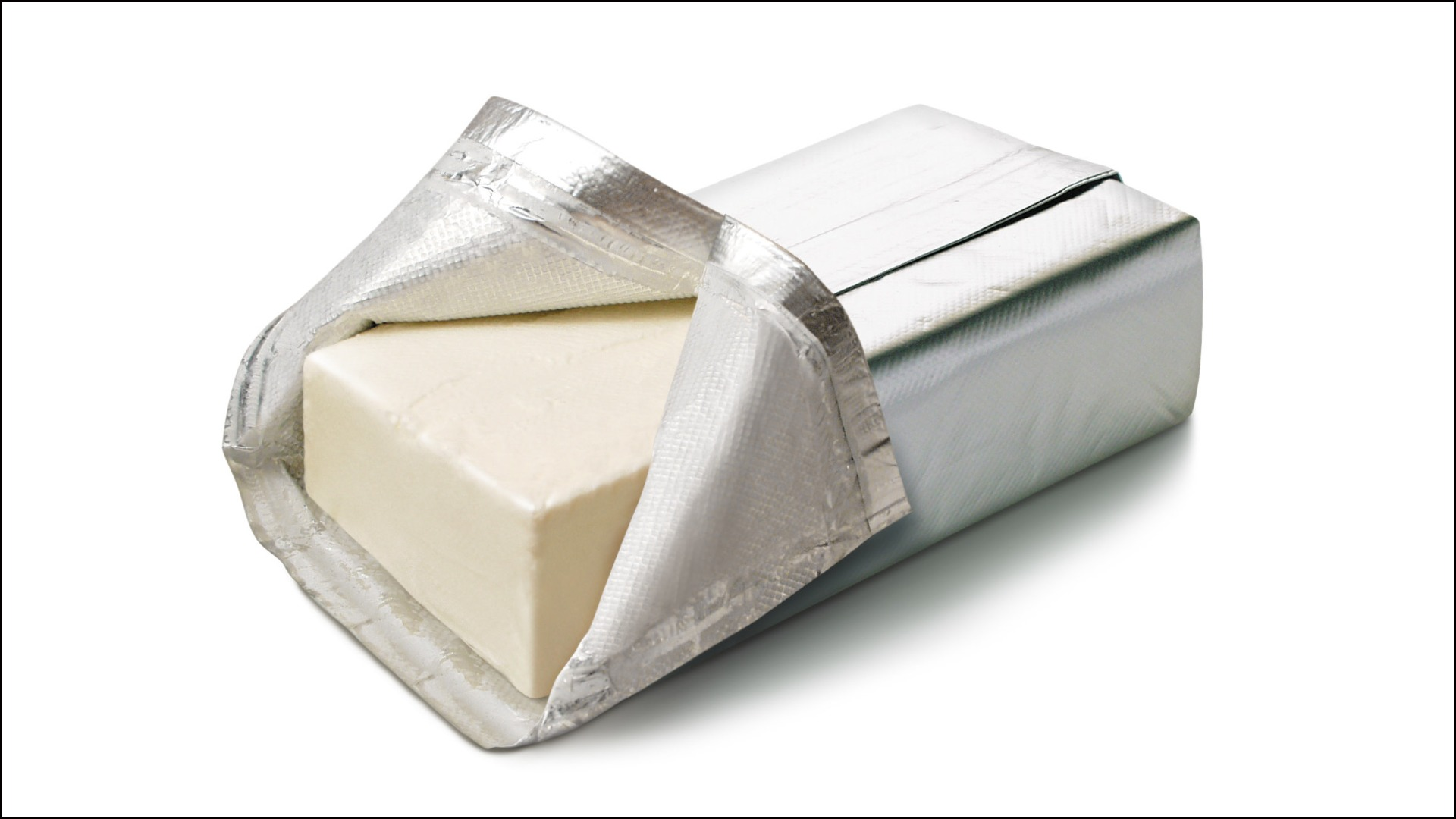U.K. Bans Cream Cheese Ad Over "Harmful Gender Stereotypes"
Pushing back against potentially harmful stereotypes in advertising can almost feel contrary to the nature of advertising itself. Through most of the 20th century, whether you liked it or not, advertising existed to tell you what you should be, what you should want, and how you can best fit into your assigned roles—through commerce! Buy the cheeseburger because a half-clad woman ate it in a commercial; buy the wet wipes because the kids are making a mess and no hapless husband is going to do anything about it. For a long time, that was just the natural order.
Advertising may not be entirely different now, but a growing number of consumers and organizations are more vigilant about what's being said (and not said) in their advertising, as well as the potential effects it can have on viewers. In the U.K., where the Advertising Standards Agency oversees the content and presentation of all domestic and international ads, a recent ban has sought to combat what the agency defines as "harmful gender stereotypes" that reinforce negative and/or reductive media representations.
One of the first ads to come under fire belongs to Philadelphia Cream Cheese, of all things. BBC News reports that the Philadelphia ad, which depicted a pair of young fathers accidentally leaving a baby on a conveyor belt thanks to cream cheese-based distractions, has been banned. The ASA found that it "perpetuated a harmful stereotype, namely that men were ineffective at childcare, and was in breach of the Code." Despite parent company Mondelez's arguments to the contrary, the ad has been removed from air.
ASA investigations manager Jess Tye, in a statement to BBC News, argued that "Ads that specifically contrast male and female stereotypes need to be handled with care. It's about thinking about what the cumulative effect of those gender stereotypes might be." We're sure that the ban will result in thoughtful dialogue on all sides of the issue, and absolutely no aggressive complaints or finger-pointing of any kind in the near future.
